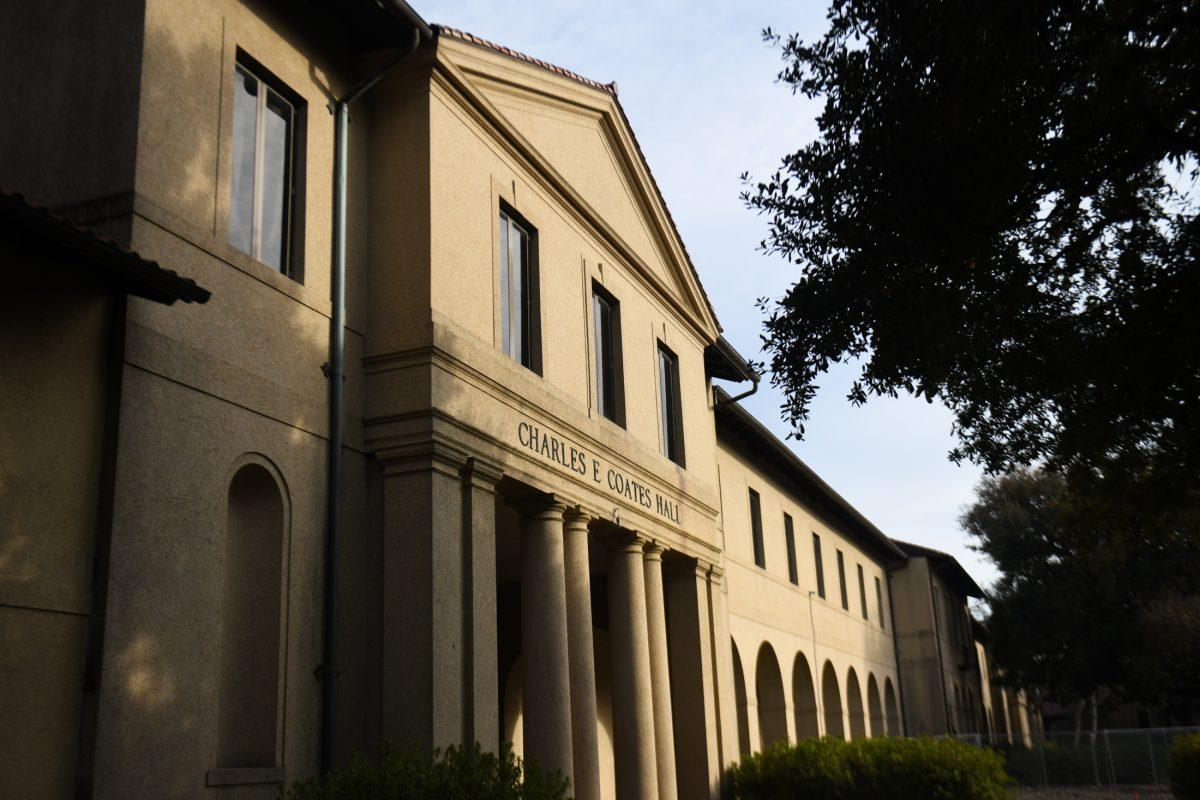The American South has a controversial history of polarizing issues, but for LSU history professor Gaines Foster, the South is a part of who he is and what he’s made a living talking about.
Foster is entering his 37th year of teaching at the University and continues to impress a complete picture of Southern history on students by embracing the good, the bad and the ugly.
“There’s so much that you have to confront that’s wrong about the South,” Foster said. “We were wrong about race. We were wrong about a lot of other things. [But] the South is not at all unique in its response on race or many of the other things we may look at. [For example], the South may be an exaggerated form of the American police system, [but] it’s not a unique look.”
Foster was born in Alexandria, Louisiana, but moved to South Carolina when he was 4 years old. This mix of Southern heritage has had a big influence on who he is today.
Foster said he is proud to call himself a Southerner, but does not fail to address the region’s troubled past. The professor attributes many of the South’s tragic issues to white supremacy. While he acknowledges there is much Southerners have to be ashamed of when looking through history, he also embraces the rich culture and good habits of the region.
“I grew up a very traditional Southerner,” Foster said. “I love the food. I went through life with an inordinate love of rice and strong coffee. I think there is a friendliness in the South and an openness to other people that’s admirable.”
The professor has a passion for history and believes all Americans need to understand the country’s past in order to fully understand today’s issues. However, growing up, Foster did not think history would become his life’s focus, especially not history of the South.
“My first-grade teacher believed that the South should’ve won the Civil War [and] that Robert E. Lee was the greatest man ever, except for Jesus Christ,” Foster said. “The civil rights movement came along, and I watched the crisis over desegregation. I was appalled by the South’s response to that, and so one of the first responses was to say ‘there’s nothing worth studying about the South.’”
This is sometimes what Foster finds difficult when teaching history to University students. Foster said he has to work harder to teach every side of Southern history to certain students, because the region is still associated with ideas like segregation and slavery.
He thinks everything should be put into context. This is why he decided to look deeper into the history of both the South and America as a whole, finding that the two distinctions, who once appeared at odds as the Confederacy and the Union in the Civil War, were not dissimilar.
“The South is this prototypically American [and] prototypically human experience,” Foster said. “To understand Southern history is to study all the questions that shaped American and human history. There’s a part of me that has always wanted to teach Southern history in the North. They start with assumptions that I think are fundamentally wrong.”
Foster has published three historical books and written several articles to appear in journals, covering the South, Civil War, and religion. He currently teaches U.S. History survey, The New South, U.S. Historiography, and Southern Identity in an Age of Diversity at the University. Foster is happy he has been able to call LSU his home for so long.
“I’ve loved being at LSU and I’ve never wanted to be anywhere else,” Foster said. “I felt like I won the lottery when I got [the job]. It is a very friendly campus. I cough all the time when I walk across the LSU campus and I’m amazed at how many students ask if I’m okay. One crazy kid even offered me his water bottle.”
Foster said he is blessed to be able to live out his passion by teaching and impacting students. His lectures are often filled with humor. Admittedly, he hates to grade.
“I think if you’re not enjoying yourself, then you’re not learning,” Foster said. “I used to joke that I teach for free, and they pay me to grade.”
LSU professor embraces South’s complicated history
August 27, 2018
Professor of history Gaines M. Foster sits for coffee in the LSU Barnes and Noble on Sunday, Aug. 26, 2018.
More to Discover










